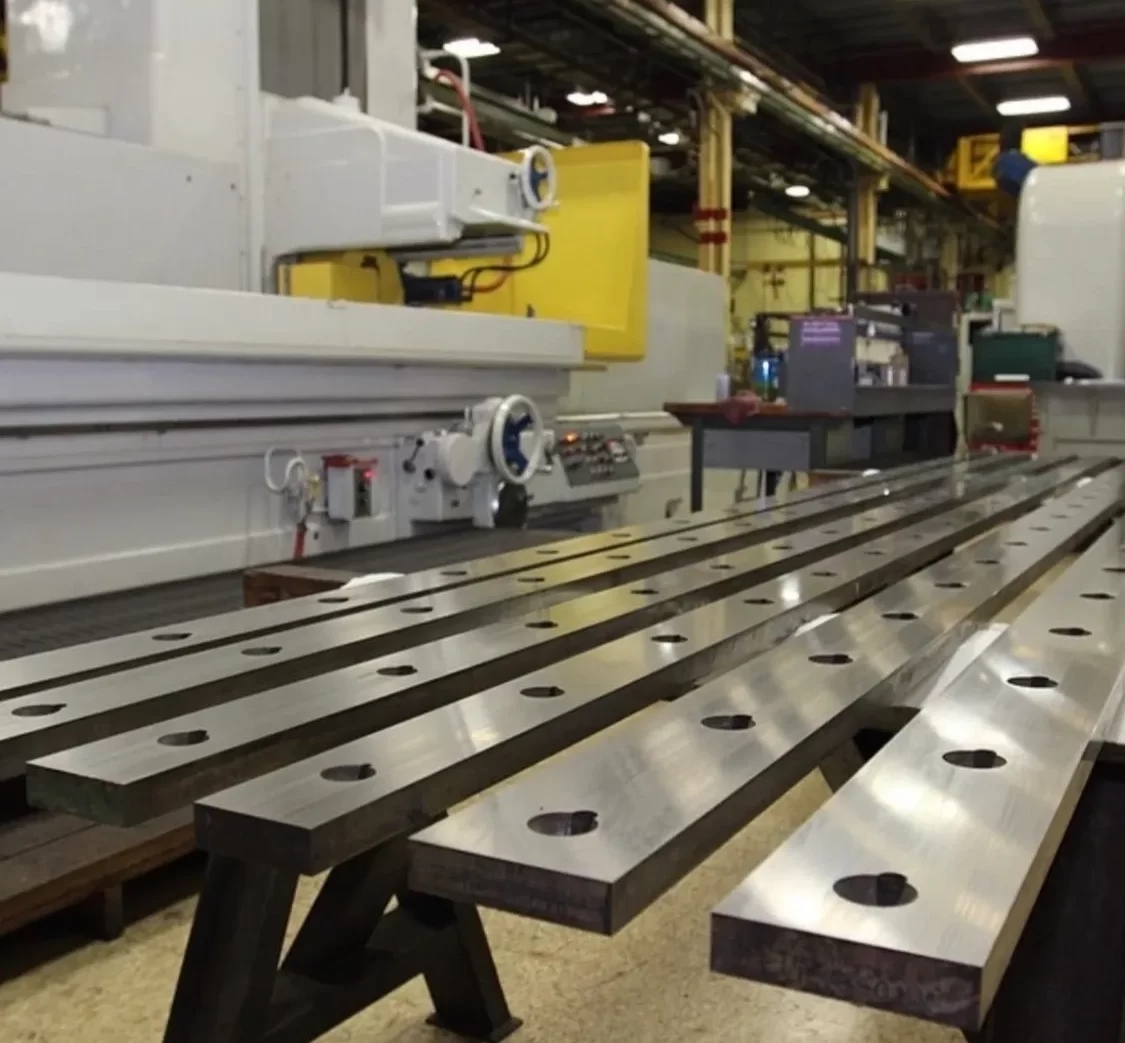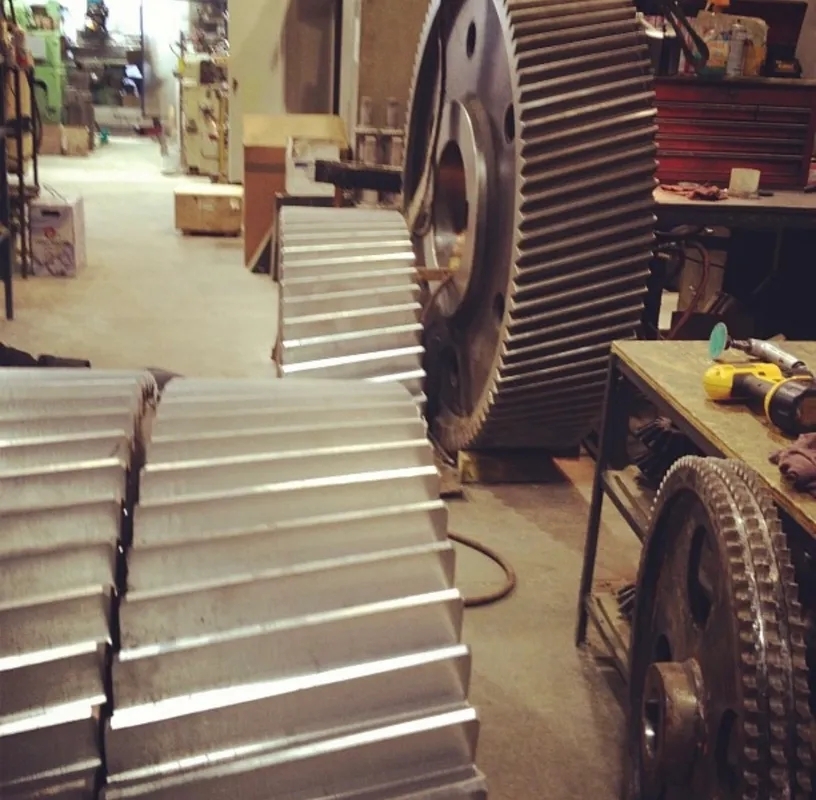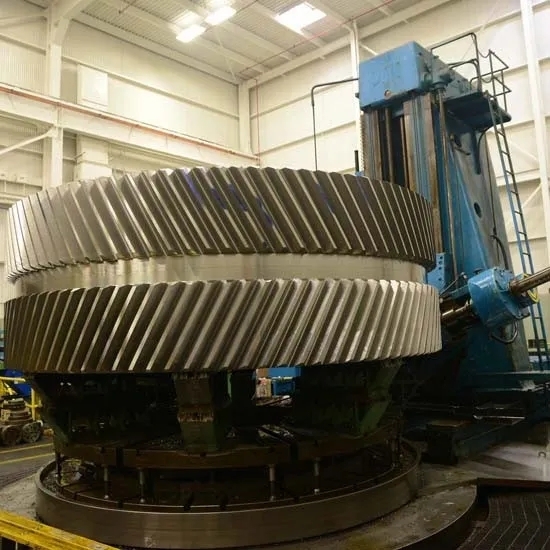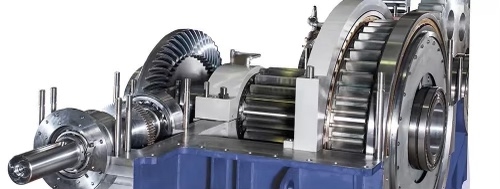Gearbox Oil Filter Analysis
How does the micron rating of a gearbox oil filter impact its effectiveness in filtering out contaminants?
The micron rating of a gearbox oil filter plays a crucial role in determining its effectiveness in filtering out contaminants. A lower micron rating indicates that the filter can capture smaller particles, providing better filtration and protection for the transmission system. Filters with a higher micron rating may allow larger particles to pass through, potentially causing damage to the gearbox components over time. Therefore, selecting a gearbox oil filter with an appropriate micron rating is essential for maintaining the health and performance of the transmission system.





